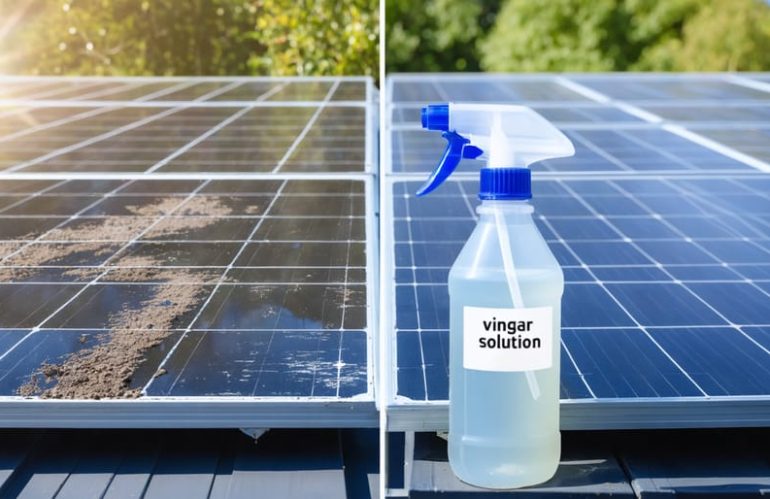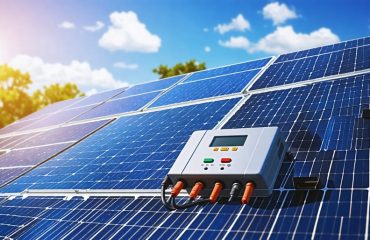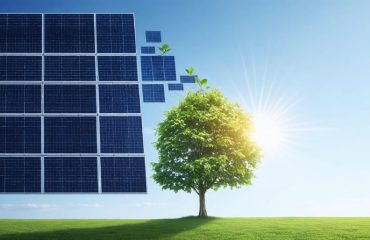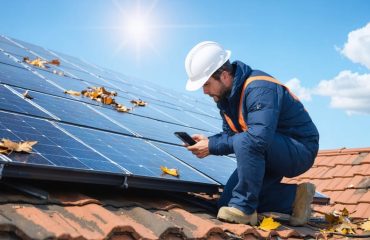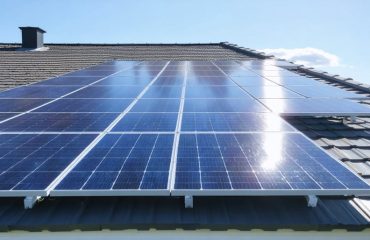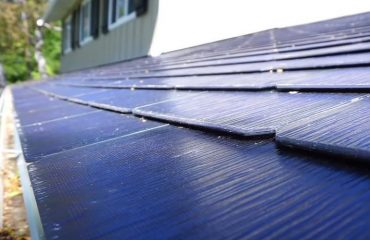Vinegar’s natural acidity makes it a powerful, eco-friendly solution for maintaining solar panel efficiency. Regular cleaning can prevent the significant impact of dirty solar panels on energy production, and this common household ingredient offers a safe, affordable alternative to commercial cleaners. By combining one part white vinegar with eight parts water, homeowners can create an effective cleaning solution that dissolves mineral deposits and breaks down stubborn grime without leaving residue or damaging the panels’ protective coating. This natural approach not only preserves your investment but also aligns with the environmental benefits that drew many to solar energy in the first place. Unlike harsh chemical cleaners, vinegar-based solutions pose no risk to surrounding plant life and can be safely used as part of a regular maintenance routine.
Why Vinegar for Solar Panel Cleaning?
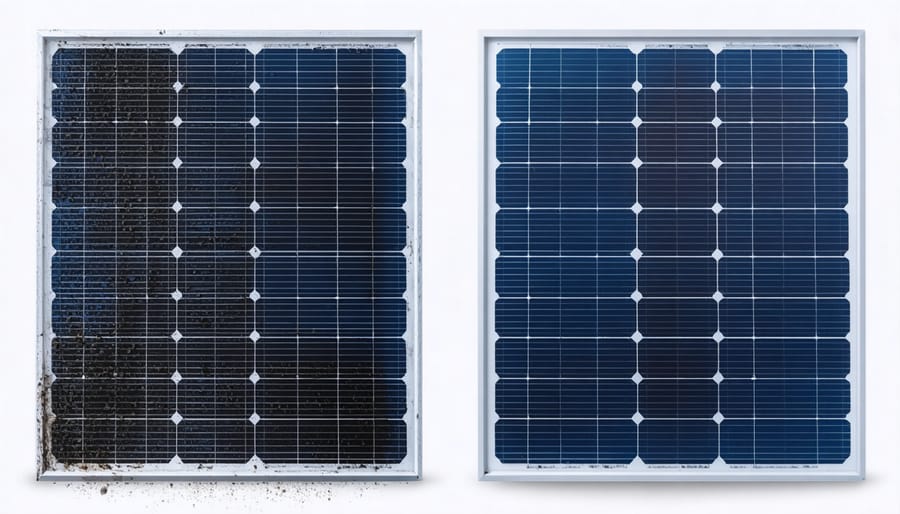
The Science Behind Vinegar’s Cleaning Power
Vinegar’s cleaning power comes from its main component, acetic acid, which typically makes up about 5% of household vinegar. This natural acid is remarkably effective at breaking down mineral deposits, dissolving grime, and cutting through stubborn dirt that accumulates on solar panels. When vinegar comes into contact with minerals and debris, it initiates a chemical reaction that loosens the bonds between the dirt and the glass surface.
What makes vinegar particularly suitable for solar panel cleaning is its ability to remove hard water stains and mineral buildup without leaving behind any residue. The acid in vinegar is strong enough to dissolve these deposits but gentle enough not to damage the protective coating on your solar panels. Additionally, vinegar’s natural antibacterial properties help prevent the growth of algae and mold, which can significantly impact your panels’ efficiency.
Unlike harsh chemical cleaners, vinegar is environmentally friendly and biodegradable, making it a sustainable choice for maintaining your solar investment.
Environmental and Cost Benefits
Using vinegar to clean your solar panels offers significant environmental and financial advantages over commercial cleaning solutions. Vinegar is a natural, biodegradable product that won’t harm the surrounding environment, plants, or wildlife when it runs off your roof. Unlike harsh chemical cleaners, vinegar breaks down safely and won’t contaminate groundwater or soil.
From a cost perspective, white vinegar is incredibly economical, often costing less than $3 per gallon compared to specialized solar panel cleaners that can run $20 or more per bottle. A single gallon of vinegar can clean multiple panels several times over, making it a budget-friendly choice for regular maintenance.
Additionally, vinegar leaves no chemical residue that could potentially damage your panels’ protective coating or affect their performance. By choosing this natural cleaning solution, you’re not only protecting your investment but also maintaining your commitment to sustainable living and reducing your household’s environmental impact.
Creating Your Vinegar Cleaning Solution
The Perfect Mixture Ratio
For optimal cleaning results, mix one part white vinegar with eight parts warm water in a large bucket or spray bottle. This ratio ensures effective cleaning without being too acidic, which could potentially damage the protective coating on your panels. For a standard household spray bottle (32 ounces), use 4 ounces of white vinegar and fill the rest with warm water.
If your panels are particularly dirty, you can slightly increase the vinegar concentration to a 1:6 ratio, but avoid going stronger than this. Always use distilled white vinegar rather than apple cider or other flavored varieties, as these may leave residue behind.
Add a few drops of mild, non-abrasive dish soap to help break down stubborn dirt and bird droppings. Mix the solution gently to avoid creating excessive suds. Remember to prepare enough solution to clean all your panels in one session – for an average residential solar array, prepare about 2-3 gallons of the cleaning mixture.
Store any unused solution in a clearly labeled container for future use, though it’s best to mix fresh solution for each cleaning session.
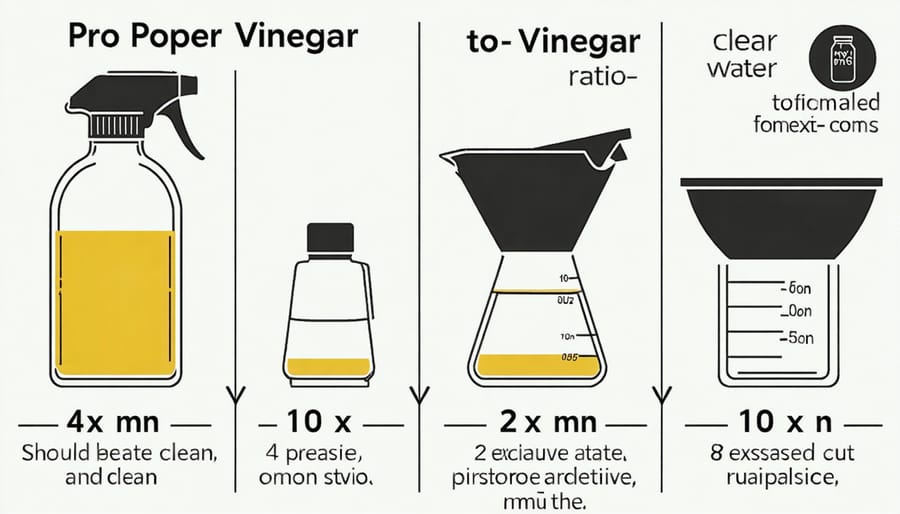
What to Avoid
When cleaning your solar panels with vinegar, avoid using metal brushes or abrasive scrubbers that can scratch the protective glass surface. Never mix vinegar with bleach or other harsh chemicals, as this can create dangerous fumes and potentially damage your panels. Stay away from undiluted vinegar, as the high acidity can be too harsh for the panels’ surface and may affect their protective coating over time.
Don’t clean your panels during peak sunlight hours or when they’re hot, as rapid temperature changes from cold cleaning solution on hot panels can cause thermal stress. Avoid using pressure washers or high-pressure hoses, which can force water under the panel seals and cause electrical issues.
Skip commercial cleaning products with added fragrances, dyes, or unknown chemicals. These additives can leave residue that attracts dirt and reduces panel efficiency. Don’t use hard water for cleaning, as it can leave mineral deposits on your panels. Also, avoid cleaning during freezing temperatures, as the solution can turn to ice and potentially damage your panels.
Finally, never attempt to clean panels without proper safety equipment or when conditions are unsafe, such as during storms or high winds.
Safe Cleaning Techniques
Step-by-Step Cleaning Process
Begin by mixing one part white vinegar with eight parts warm water in a clean spray bottle or bucket. For optimal results, use distilled water to prevent mineral deposits. Before starting, ensure you’re following proper cleaning techniques and safety protocols.
Early morning or evening is ideal for cleaning, as the panels will be cool. Gently spray or apply the vinegar solution to one section at a time, allowing it to sit for 2-3 minutes. Using a soft microfiber cloth or sponge, wipe the surface in circular motions, being careful not to apply excessive pressure.
For stubborn spots, reapply the solution and let it sit slightly longer. Never use abrasive materials or scrub aggressively, as this could damage the panels’ protective coating. After cleaning each section, rinse thoroughly with clean water using a garden hose on low pressure.
Work your way methodically across all panels, ensuring no vinegar solution dries on the surface. Once complete, perform a final rinse from top to bottom. Allow panels to air dry completely before the sun hits them directly. This natural cleaning method is both effective and environmentally friendly, helping maintain your panels’ efficiency without harsh chemicals.
Remember to document your cleaning date and monitor your system’s performance to establish an effective maintenance schedule.
Safety Precautions
Before attempting to clean your roof-mounted solar panels, it’s essential to prioritize safety. Always choose a clear, dry day with mild temperatures to prevent slipping on wet surfaces. If your panels are mounted on a steep roof or you’re uncomfortable with heights, it’s best to hire a professional cleaning service rather than risking injury.
If you decide to clean the panels yourself, wear non-slip shoes with good grip and use a safety harness if possible. Never clean panels during peak sunlight hours, as they can become extremely hot and potentially cause burns. Early morning or late afternoon is ideal for cleaning activities.
Keep electrical safety in mind – ensure your panels’ electrical components are properly protected from water and vinegar solution. Use extension poles for cleaning rather than climbing directly onto the roof whenever possible. If roof access is necessary, always maintain three points of contact while moving around.
Have someone present to assist you and watch for safety concerns. Keep a fully charged phone nearby in case of emergencies. Avoid cleaning during windy conditions, as this can affect your balance and make cleaning solutions difficult to control. If you notice any damaged wiring or loose components while cleaning, stop immediately and contact a solar panel professional.
Remember, your safety is more important than perfectly clean panels. When in doubt, always err on the side of caution and seek professional help.
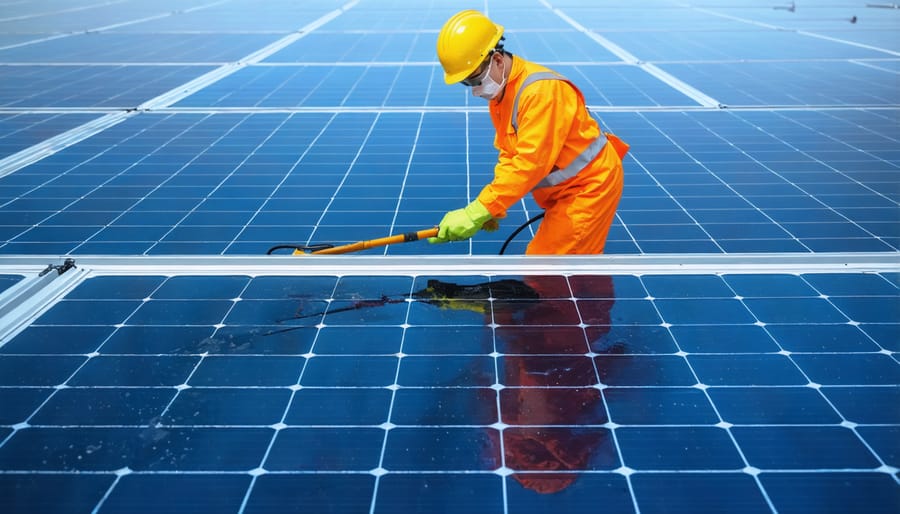
When to Call the Professionals
While DIY cleaning with vinegar can be effective for routine maintenance, certain situations call for professional solar panel cleaning services. If you notice significant power output reduction despite regular cleaning, this could indicate issues beyond surface dirt. Professionals should be contacted when you observe stubborn stains, mineral deposits, or bird droppings that don’t respond to gentle cleaning methods.
Safety is another crucial factor. If your panels are mounted on a steep roof or are difficult to access, it’s better to let professionals handle the cleaning. They have the proper safety equipment and expertise to work at heights safely. Additionally, if you live in an area with hard water that leaves persistent mineral deposits, professionals have specialized cleaning solutions and techniques that won’t damage your panels.
Consider calling experts if you notice any physical damage, loose connections, or unusual discoloration on your panels. These could be signs of more serious issues that require professional inspection. Seasonal professional cleaning is also recommended for installations in areas with heavy pollution, frequent storms, or extensive tree coverage.
Remember that while vinegar cleaning is cost-effective, professional services offer comprehensive inspection alongside cleaning. They can identify potential problems early, ensuring your solar investment continues to perform optimally. Many companies offer maintenance packages that include regular cleaning and system checks, which can be worthwhile for maintaining warranty coverage and maximizing energy production.
If you’re unsure about your panels’ condition or cleaning needs, most solar installation companies offer free consultations to assess your situation and recommend appropriate maintenance schedules.
Maintaining clean solar panels is essential for maximizing your renewable energy investment, and vinegar offers an eco-friendly, cost-effective cleaning solution. By following the methods outlined in this guide, you can safely remove dirt, dust, and debris while protecting both your panels and the environment. Remember to always prioritize safety, use the proper dilution ratios, and avoid harsh scrubbing that could damage the panels’ surface.
To ensure optimal performance of your solar system, incorporate panel cleaning into your regular maintenance schedule. While vinegar is an excellent natural cleaner, it’s important to monitor your panels’ performance and adjust cleaning frequency based on your local environment and weather conditions.
By taking a proactive approach to solar panel maintenance, you’ll enjoy greater energy efficiency, lower electricity bills, and a longer lifespan for your investment. Remember that clean panels are efficient panels, and with this simple vinegar solution, you’re choosing a sustainable path to maintain your renewable energy system.

